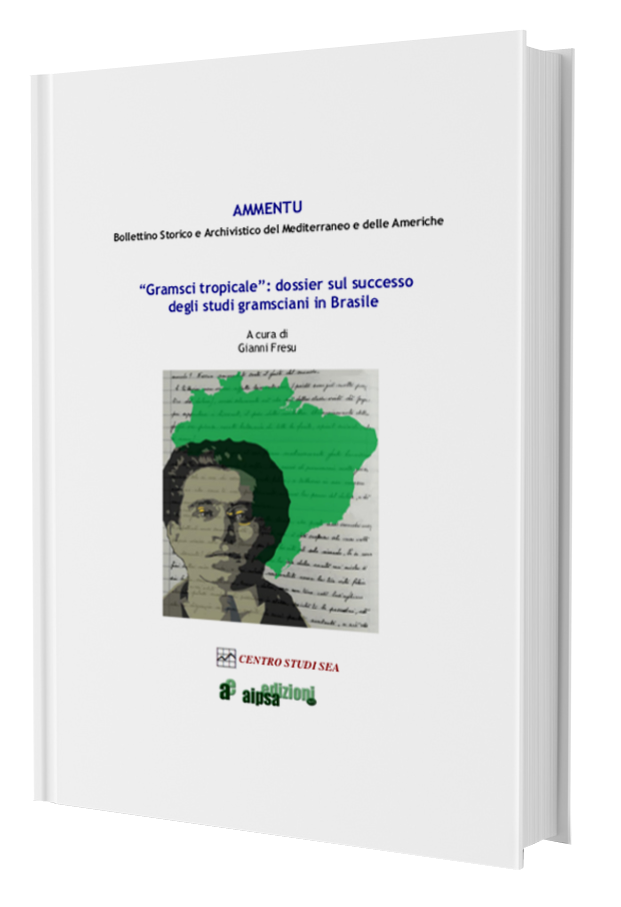The Landless Rural Workers’ Movement (MST) of Brazil and the translation of the Gramscian ideology
DOI:
https://doi.org/10.19248/ammentu.361Keywords:
Brazil, MST, Gramsci, Intellectual and Moral ReformAbstract
This article presents part of the results of my doctoral thesis research carried out between 2004 and 2008 and addresses the trajectory of struggle of the Movimento dos trabalhadores rurais Sem Terra (MST) of Brazil in relation to the conceptual framework of the Italian philosopher Antonio Gramsci. The research was guided by an attempt to explain the intellectual and moral reform process carried out by the MST among Brazilian rural workers throughout its history. In the light of this basic idea, we attempted to analyze whether and how this movement has actually promoted a transformation of the way of life and being of rural workers and if it has put forward its own proposal of constructing a new socialist society.As a basis for theoretical and philosophical support, the research used the documents produced by the MST, confronting them with the actions undertaken by this movement, showing how this set of initiatives can be seen as a translation of Antonio Gramsci’s categories applied to the historical and social conditions of Brazil.Downloads
Published
2020-06-18
Issue
Section
“Gramsci tropicale”: dossier sul successo degli studi gramsciani in Brasile
License
Note on the copyright
The Copyright Notice below must be included with the journal information and in the metadata for each published article. Although every journal can freely determine the nature and scope of the copyright agreement with its authors, the Public Knowledge Project recommends the use of a Creative Commons license. For these purposes, an example is provided and may be copy and pasted in the space below for those journals that (a) offer open access, (b) offer deferred open access or (c) do not offer open access.









